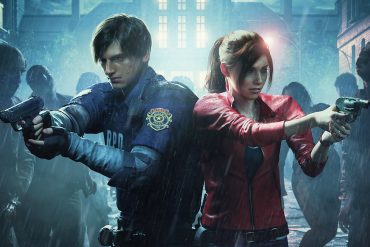January 7th
…confront the empty reality of millennial capitalism, and calls for games that can help us to imagine an alternative.
“This system of gathering as much social media currency as possible, only for a vague sense of reward, reminds me of the pervasiveness numbness that comes with consumerism.” Three critics highlight games that challenge received genre conventions relating to zombies and the apocalypse.
Normal apocalyptic







